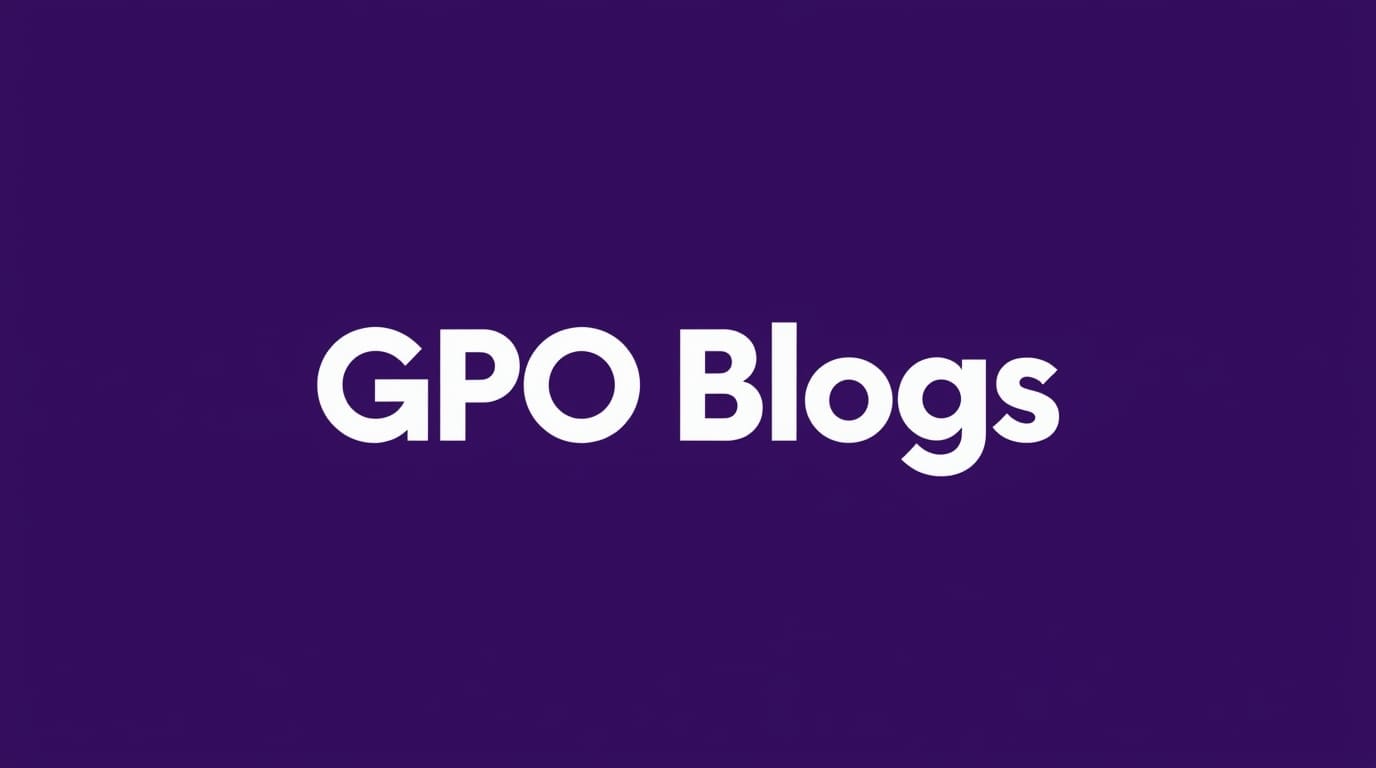How to Post a Guest Column on Money.com ?

Introduction
Publishing a guest column on Money.com—a leading authority in personal finance, investing, and consumer money advice—is one of the most valuable content marketing moves you can make. With millions of monthly readers and strong search engine trust, a placement on Money.com can establish you as an authoritative financial voice, drive referral traffic, and secure powerful backlinks.
This guide uses Semantic SEO best practices to help you understand the process step by step, while structuring content around clear entities, attributes, and values that both readers and search engines recognize.
Why Guest Posting on Money.com Matters
- Entity: Money.com → high-authority financial publisher, owned by Ad Practitioners LLC
- Attribute: Domain Authority → 92+ (high trust in Google’s eyes)
- Attribute: Monthly Readers → Millions of unique visitors in the U.S. finance niche
- Value to You: Inbound authority, topical relevance, and long-term brand equity
By explicitly connecting your content to Money.com’s audience intent (personal finance, investing, career money moves), you maximize both your approval chances and the SEO benefits.
Step 1: Research and Align With Money.com’s Editorial Focus
- Topic Clusters: Money.com frequently publishes on retirement planning, credit cards, loans, stock investing, personal budgeting, and fintech.
- Semantic SEO Tip: Build a content brief that maps your proposed article to one of these core clusters. Example:
- Cluster: Investing → Subtopics: “micro-investing apps,” “ETF strategies,” “401(k) rollovers.”
Step 2: Craft a Data-Backed, Expert-Level Article
- Use E-A-V triples:
- Entity: Roth IRA
- Attribute: tax advantages
- Value: tax-free growth and withdrawal in retirement
- Cite credible sources (federal agencies, financial institutions, research papers).
- Keep tone actionable, authoritative, and clear.
Step 3: Prepare Your Pitch
Your email pitch should include:
- Proposed Title: Clear, SEO-friendly, and engaging (e.g., “Hidden Retirement Costs That Millennials Should Plan For in 2025”).
- Author Credentials: Financial planner, fintech founder, CPA, etc.
- Unique Value Proposition: What makes your perspective stand out.
Semantic SEO prompt for pitch writing:
“Draft a Money.com guest column pitch that connects my expertise as [your role] with their audience’s interest in [specific finance topic]. Include 3 entity-rich headline options.”
Step 4: Locate the Right Submission Channel
Money.com does not have a public “write for us” page. Instead, use:
- Editorial Email: editor@money.com
- Press Contact: press@money.com
- Contact Form: money.com/contact
Pro tip: Search LinkedIn for Money.com editors in your niche (e.g., credit cards, investing).
Step 5: Optimize for Semantic SEO & Structured Data
When submitting:
- Include a short author bio (with 1 authoritative link).
- Suggest schema.org markup to their editorial team:
ArticleorNewsArticleschema for the guest column.Personschema for the author.Organizationschema linking to Money.com.
This increases discoverability and eligibility for rich snippets in Google search.
Step 6: Follow Up Professionally
- Wait 2–4 weeks before following up.
- Use a polite, concise reminder with your original pitch attached.
Quick Checklist for Success
- ✅ Research Money.com’s editorial style & topical clusters
- ✅ Write a semantically rich, expert-level draft
- ✅ Highlight entities, attributes, and values in your piece
- ✅ Send a professional pitch with 2–3 headline variations
- ✅ Include structured data recommendations
- ✅ Follow up if no response in 2–4 weeks
Sarah Chen is an SEO strategist and founder of ContentAuthority Labs. With 12+ years in semantic SEO and expert backlink building, she has delivered 800+ sponsored and guest-posting projects that grew durable authority and demand for 200+ businesses. Her research on contextual consolidation merging overlapping pages to concentrate topical relevance has appeared in Search Engine Journal and other SEO publications. She speaks at industry events and mentors in-house teams and emerging SEOs.